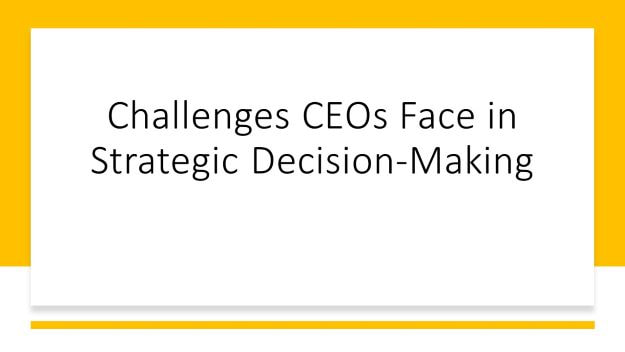Lessons learned during the pandemic
While the recent Corona virus pandemic has killed more than three hundred thousand people, the global health system did not adequately prepare for this epidemic. Despite the fact that the majority of scientific requirements for pandemic control were met, the global management of COVID-19 fell short of its expectations. The pandemic demonstrated that a robust crisis response capacity is necessary for ensuring the health and well-being of the population. It also underlines the importance of publicly accountable health systems, underpinned by the investments in people.
Organizations that survived the pandemic adapted to new environments by fostering a culture of creativity, problem-solving, and adaptability. Many of these organizations had adopted strategy models that did not take into account the dire circumstances. Those organizations that quickly responded to the crisis learned to adapt to the changing environment. Those that did not were forced to adjust their business model to accommodate the new realities and were able to ride out the pandemic.
Challenges faced by internal promoted CEOs
There are many challenges faced by newly promoted CEOs in strategic decision-making, including their inability to establish and maintain relationships with their immediate supervisors and peers. In the ideal scenario, an internal promoted CEO would have the support of all employees and colleagues. However, in reality, the new CEO will likely face opposition from former superiors and competitors. The new CEO must also assess all direct reports and key stakeholders quickly and build their own leadership team. The first step is to 'reenlist' existing employees through early conversations and identify those they can and cannot work with.
Boards should consider their own biases about internal candidates. Some internals may be stellar operators but lack the strategic thinking skills necessary to lead a company. Boards should be specific about the development needs of their key internals; observe how they develop and be open to a new narrative about them. This is particularly important for internal promoted CEOs, as they are more likely to be trusted by their peers.
Flexibility is an asset
Investigating the role of flexibility in strategic decision-making is critical. The concept is broadly defined as the ability to change one’s thoughts and beliefs to respond to changing circumstances. Leaders who have the ability to be flexible are better able to respond to unanticipated market responses and dynamic macro environments. There are many ways to improve one's mental flexibility.
In strategic decision-making, receptivity to change is an important quality of an effective CEO. A leader who is flexible in his or her approach demonstrates a willingness to learn from mistakes and adjust their strategy. The pandemic, for instance, demonstrated that even the best-laid plans can run into unexpected hurdles. A strong reviewing process helps CEOs develop the skills needed to change course or adapt to new situations.
Managing risk
Strategic decision-making is increasingly difficult for CEOs. New technology and disruptive business models require fresh thinking. Cybersecurity threats, disruptive competition, and the impact of a rapidly changing workforce all require rapid pivots and new business models. A pandemic requires rethinking everything - from organizational culture to leadership style and the workforce's evolving needs. CEOs must stay focused, adapt to new risks, and empower their teams to make the right decisions.
Delegation involves not only deciding who to delegate to but also ensuring that each member has the appropriate amount of control. Delegation is crucial, but the CEO must know his or her own capabilities to design a stronger team. When hiring, the CEO can broaden his or her scope and make more informed decisions. However, when it comes to making strategic decisions, the CEO must be conscious of the balance between reward and risk.
Communicating clearly as a CEO
As a CEO, you are often in the position to rally your team to win in a new environment. But you must learn to communicate in a way that keeps the CEO informed without the need for lengthy explanations and defense mechanisms. In addition to being prepared with facts, you must communicate new ideas and products in an unfiltered manner. I will briefly explore some key points that will help you communicate effectively as a CEO in strategic decision-making.
The first step in the CEO's role is to establish a culture of transparency and trust within the company. As a CEO, you must foster a culture of mutual trust among employees and subordinates. Communication is the basis for all business success and career advancement. You must demonstrate your commitment to effective communication by requiring and rewarding good communication practices. And make sure that those you lead follow through with this commitment.
How fast a decision is made and how good is that decision determines how far the business will thrive. |
Related reading:
#operationalexcellence #strategicdecisions #challenegesofCEOs #strategy #strategicdecisionmaking #strategymanagement #decisiontools #decisionmaking #strategicplanning #challengesofdecisionmaking





















